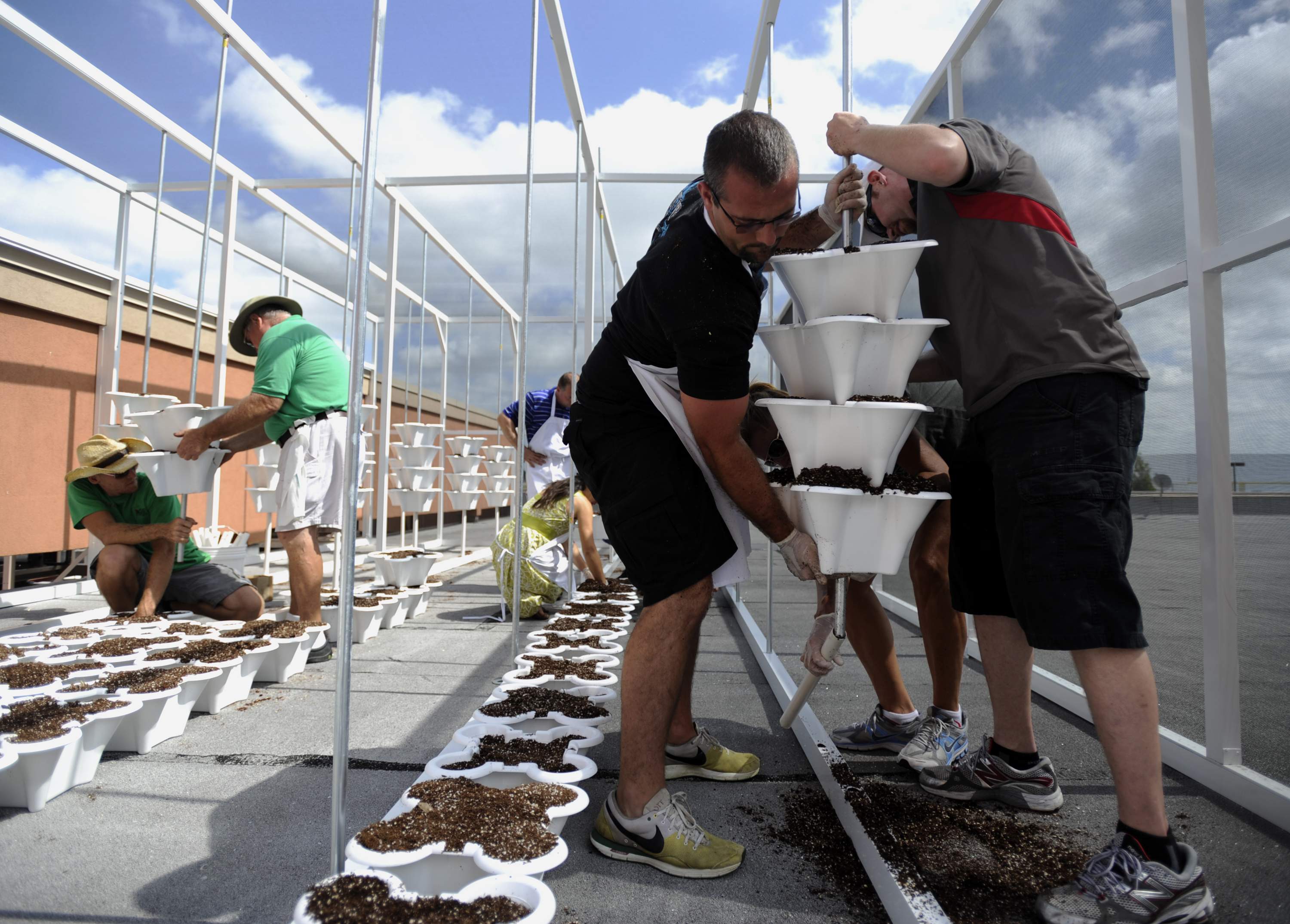‘I would like to be an entrepreneur’ if this line is lingering in your thoughts too then you are at the right junction. So what is this hydroponics? I am sure you will be able to guess that this is related to water. Yes, hydroponics is the method of growing plants without an essential medium called the ‘soil’. It’s a method that uses minerals and nutrient solutions in a water solvent.

But why grow plants without soil? This is because research suggests that terrestrial plants may be grown with only their roots treated with a mineral solution or an inert medium like perlite or gravel.
The success story: Is it a myth?
It is not a myth. But a clear analysis of the advantages and disadvantages of hydroponics will help as to choose this or not. So, how did this concept turned to be an option for entrepreneurs? Hydroponics holds persuasive facts as an alternative to the traditional method. Since this feeds water (along with nutrients) to plants (without land/soil) the business owner’s real estate requirements and paperwork are reduced by 25%. Also, the right hydroponic operation can yield 25% more plants than soil-based growing methods that utilize the physical space.
That sounds ‘awe’ right? Since this is no buckwheat business, let me tell you the risks involved in hydroponics. For hydroponics to be a business perfect planning and adequate capital is required to make it successful. This method of growing plants is hugely technical and if you step without prior knowledge then you are going to be in trouble. The quality and quantity of your yields may even fall below the levels you could achieve with soil-based growing techniques. So an in-depth knowledge of the various techniques involved in this business is a thumbs-up.
Mostly all technical equipment of hydroponics are built of plastic now, may it be sub-irrigation or top irrigation. Some of the cultures in hydroponics are:
- Static solution culture
- Continuous-flow solution culture
- Aeroponics
- Passive sub-irrigation
- Deep-water culture
- Grow box culture
Though this method of cultivation has an advantage of the decrease in cultivation-area, initially if you are interested in producing large volumes of plants and sell to wholesalers then you’ll be requiring large areas to make it a profitable business. For instance, in static solution culture, the plants are grown in large containers which contain nutrient-rich solutions. In continuous flow culture, the mineral-rich solution is constantly passed over the roots. This paves the way to automation in continuous flow culture. Aeroponics, on the other hand, is proven to be a successful technique for all the round year crops like tomato and potato.
The passive sub-irrigation culture and deep-water culture are also proven techniques which adopt an inert medium in-addition to water solvent. The grow box culture is a partially or completely enclosed system for growing plants indoors or in a minimum space. The main advantage of this culture is that it helps plants against pests. But every culture needs large set-up initially to harvest profitable crops.
With this overview (positives & negatives), you may feel a bit puzzled. But working hard without procrastination will definitely bring success and profit. Confidence with hard work will make any business successful.








